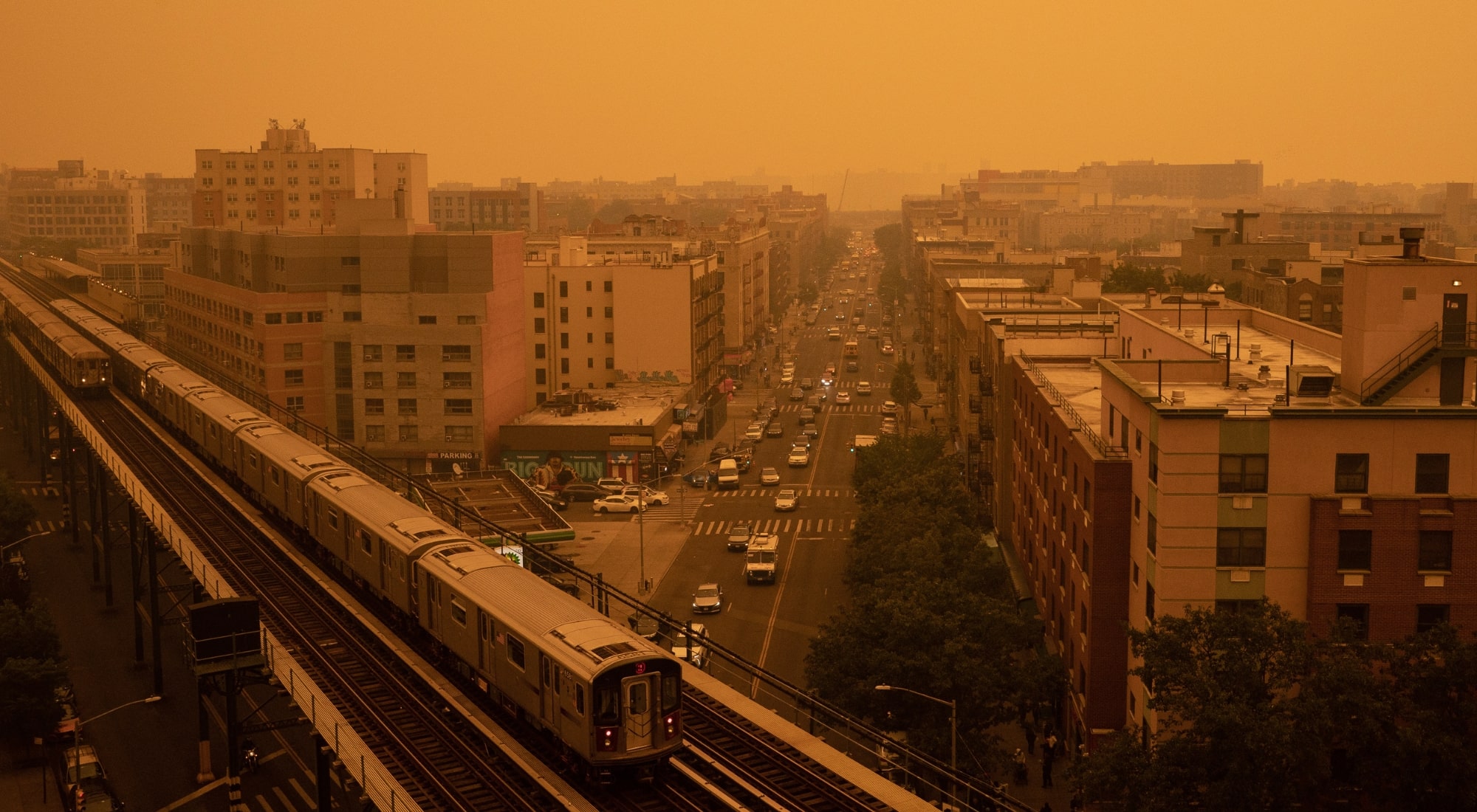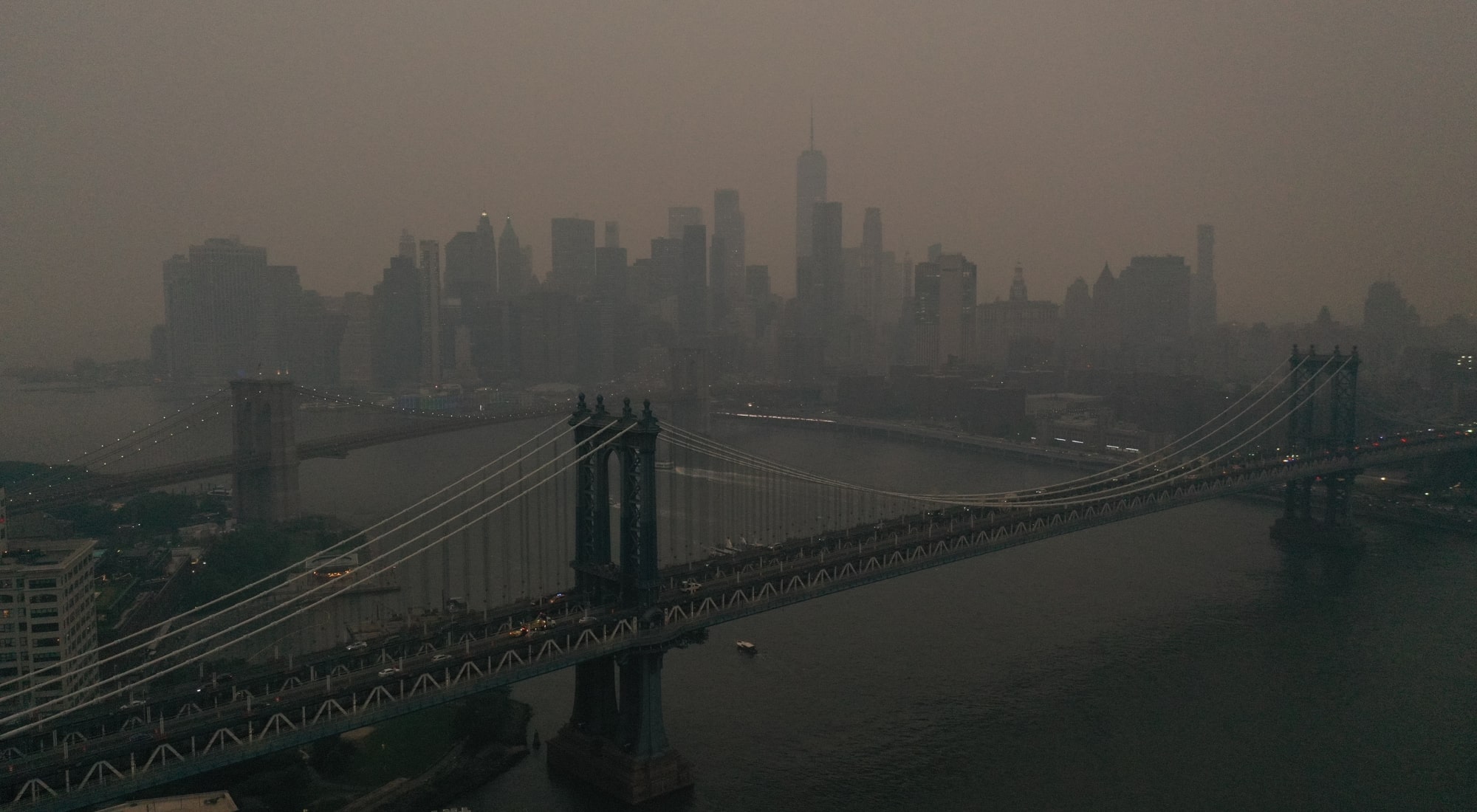The Canadian wildfires highlight the need for world leaders to act boldly and quickly to avert the worst impacts of climate change, Amnesty International said on Wednesday.
Responding to warnings that the smoke from more than 400 wildfires burning across Canada poses risks to the health of tens of millions of people in North America, Marta Schaaf, Amnesty International’s Director of Climate, Economic and Social Justice, and Corporate Accountability Programme said:
“Smoke from hundreds of fires in Canada, many burning out of control, has shrouded some of North America’s biggest cities including Montréal, Toronto and New York in smog that is dangerous to health. These fires will have an unmeasurable impact on the quality of life and right to health of those forced to breathe in this foul air. Children, pregnant people, older adults and people with heart or lung disease are especially vulnerable to the small particulates generated by these fires, and these particles can be carried vast distances.
TELL CANADA TO STOP FUNDING FOSSIL FUEL EXPANSION
Call on the Canadian government and Export Development Canada for a rapid phase-out of financing and subsidies that support climate destroying fossil fuels.
Impacts of Canadian wildfires on Indigenous Peoples
“Furthermore, the Canadian wildfires are having a significant impact on Indigenous Peoples and have already forced the evacuations of Fort Chipewyan in Alberta and Uashat mak Mani-utenam in Quebec.
“Climate change is worsening the scale of wildfires worldwide, as rising temperatures lead to longer and more destructive fire seasons. This year has already seen unusually severe wildfires in Russia, Spain, Kazakhstan, Mongolia and Central America, according to Copernicus, the EU’s earth observation monitoring programme. Large-scale wildfires aggravate climate change by burning forests which have locked-in large amounts of carbon.
- Related: Global warming will exceed 1.5˚C unless fossil fuels phased out faster: IPCC report
- Imagine better: Making climate justice action accessible with Amnesty’s “Stop Paving Over Our Rights” comic

“There is a clear disconnect between the harm that people are facing and attempts to prolong and expand production of fossil fuels which are the primary cause of the climate crisis. These worsening fires are an obvious indication of a warming world. Greenhouse gas emissions have already increased temperatures globally by 1.2C compared to pre-industrial levels.
“Unless we urgently change course, and rapidly phase out fossil fuels, the world will get hotter and impacts such as these fire events will worsen. We should not be lulled by promises from the fossil fuel lobby that carbon capture and storage, which is unproven on a large scale, is an answer to this growing global crisis.”
Header photo credit: ©Lokman Vural Elibol/Anadolu Agency via Getty Images






















